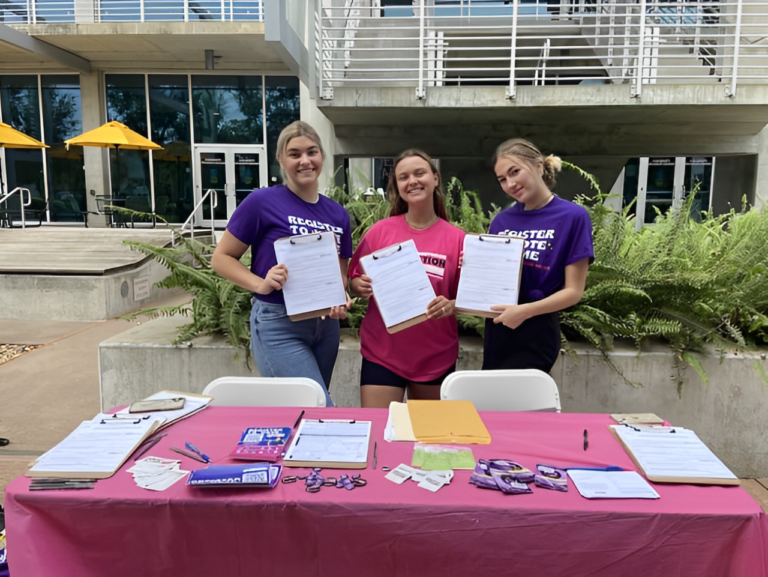In a recent meeting of the House Education Committee in Dover, Delaware, a proposal to expand eligibility for the Student Excellence Equals Degree (SEED) Program encountered opposition and stalled.
House Bill 290, introduced by Rep. Eric Morrison, aimed to allow individuals with violent felony convictions to qualify for the SEED scholarship, currently offered by Delaware Technical Community College and the University of Delaware.
Rep. Morrison argued that those with violent felonies on their records have already served their sentences and deserve the chance to pursue higher education. He highlighted the disproportionate impact of barring such individuals, particularly on Black Delawareans.
However, during the committee debate, members raised concerns about safety and the types of crimes classified as violent felonies under Delaware law.
Despite the fact that DelTech does not require background checks for admissions, some lawmakers expressed hesitation about allowing individuals with violent felony convictions to attend classes alongside law-abiding students.
Rep. Sean Lynn emphasized that the proposed legislation addresses discrepancies in state law related to violent crimes and would impact only a small number of people. He pointed out that some crimes classified as violent felonies, such as drug offenses, may not involve actual violence.

The discussion also touched on broader issues of crime, racism, and classism. While some lawmakers supported the bill as a step toward fairness and rehabilitation, others expressed concerns about the definition of violent crime and its implications for public safety.
Related Articles:
- Florida Bans Local Heat Protections for Outdoor Workers, Following Texas
- California Pet Owners Could Find Apartment Hunting Easier with New Law
- Understanding the Timeline for Social Security Retirement Benefits
Ultimately, the committee chose not to take action on the bill, leaving it for further consideration. The debate reflects ongoing discussions about criminal justice reform and access to education for individuals with criminal records in Delaware.







+ There are no comments
Add yours